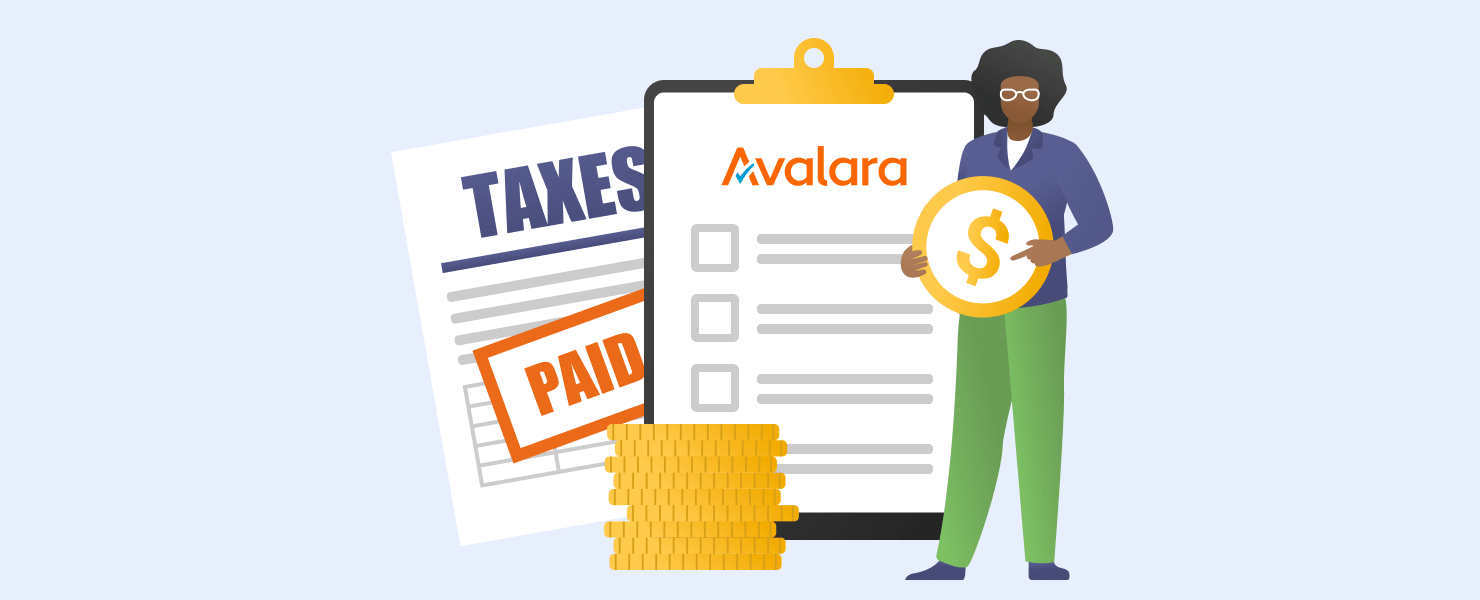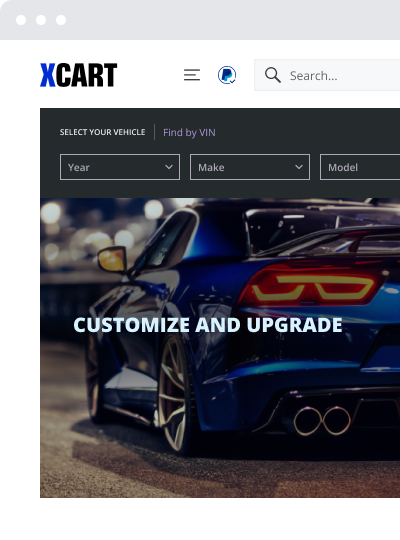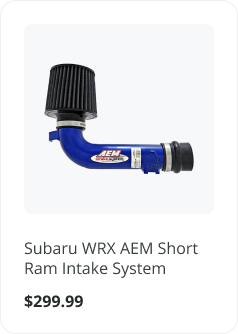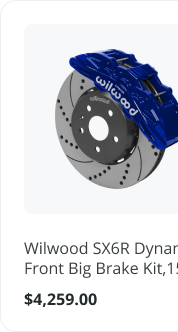Navigating the Nuances of Sales Tax Automation for Businesses with Complex Tax Scenarios
This blog post features insights from the Avalara tax experts.
Sales tax automation can be a make-or-break decision for an eCommerce business selling in multiple states. Inaccurate tax returns can put at risk the overall business sustainability. Papa John’s, Whole Foods, and Hertz are vivid examples of how mistakes in tax collection can lead to hefty penalties and even legal actions from customers.
Conversely, well-oiled tax management helps reduce the tax burden. This is where automation solutions come into the picture, delivering the following benefits to online businesses:
- Accuracy – automated tax calculations that comply with the product specifics and tax rules in the states you are selling in
- Well-timed tax updates – real-time alerts to changes in taxation requirements will save you money and time and prevent any risks associated with incorrect taxes or late filing
- Efficiency – reduced costs and time spent managing tax compliance
- Risk management – decreased risk of audits due to accurate sales tax calculation and on-time tax returns
- Business scalability – automated tax compliance while tapping into new markets
- Customer loyalty – instant tax rate calculations for the product cost transparency
In our talk with Avalara, one of the most trusted tax software vendors, we’ve delved into the main online merchants’ tax challenges to work out effective solutions. In this co-blog, you’ll find comprehensive and easy-to-follow strategies to customize your tax management system to your unique business requirements.
Did You Know?
According to Avalara, retailers that manually manage their taxes spend an average of 209 hours and $24,032 on sales tax compliance each month. Have you ever wondered how much time and effort you can save by automating your tax management?
You can find it out in real time with Avalara absolutely for free
Tax Automation Doesn’t Work the Same for All eCommerce Business Types
If your eCommerce business has a tax nexus in a single state or states with a single state-wide rate it may not need an automated sales tax solution. However, as your business reach expands and the number of sales transactions across multiple jurisdictions increases, the need for sales tax automation also grows.
For an online business, figuring out the requirements and carrying them out can be a lot of work that takes resources away from the core of your business. Sales tax automation software, which integrates seamlessly into popular eCommerce or accounting systems, can help.
As you scale, your eCommerce processes get more demanding, be it product catalog management, fulfillment or tax minutiae. This is where automation can save you lots of time and effort.
This applies especially to online businesses with complicated taxation, including drop shippers, merchants with multiple sales channels, and online entrepreneurs who merge B2B and B2C sales in their eCommerce operations.
Drop Shippers
Drop shipments involve at least two purchases for one product, which raises some tax questions, namely when sales tax is charged and collected and by whom. Generally, the customer should pay the sales tax to the seller, who will then file the tax with the state and give the supplier a resale exemption certificate. The tax rules, however, can vary based on the places of the three parties, the goods’ taxability, and their economic connection in the specific state.
How tax automation can help: Automated tax solutions validate and store the exemption certificates to automatically calculate sales tax with maximized accuracy and in compliance with the latest tax rates and rules.
Multichannel online retailers
If you are an online merchant selling on multiple marketplaces, you know the challenge of keeping up with the ever-changing tax laws. The main complication is that marketplace facilitator laws may differ from state to state. Without ensuring tax compliance with the tax departments in those regions where marketplaces have nexus, merchants risk under- or overpaying.
How tax automation can help: While staying informed about the marketplace facilitator laws and discussing all the tax details with each platform in advance partly solves the issue, online businesses may still need a helping hand managing the incredible amount of tax data. With the proper sales tax software, merchants can collect data from all their sales channels in line with the various tax jurisdictions and monitor filing schedules from a single dashboard.
Hybrid eCommerce Businesses
The primary challenges with selling both B2C and B2B are obtaining exemption or resale certificates from buyers and ensuring that tax-free sales of taxable goods are excluded from tax calculations.
How tax automation can help: The automated solution determines whether the transaction is B2B or B2C to accurately calculate the tax based on the type of product and location where a customer makes a purchase. It also validates exemption certificates at checkout and maintains them to charge no tax, provided that a valid tax exemption certificate is on file.
Recurring Revenue Businesses
Product taxability for subscription-based businesses is determined by the transaction’s origin, the item’s destination, or a combination of both, depending on the state. Such volatility imposes some tax risks. For example, a state may consider an annual subscription that’s billed monthly to be twelve separate transactions, which may result in hitting the transaction threshold too fast.
How tax automation can help: Given the nuances of sales tax compliance for subscription businesses, automation is no longer a nice-to-have feature but an essential thing. Tax software helps recurring revenue businesses determine their sales tax liability (nexus) and ensure that they apply the correct tax rates while checking for sales tax holidays and tax-exempt transactions. In addition, you can hire an expert to help you navigate the subtleties of sales taxation in specific regions and set up the automation tool.
Beware of Tax Software Limitations
Drawing on years of eCommerce experience, we can attest to the fact that tax automation is quite helpful in reducing tax risk and manual work. However, these tools may not account for specific tax nuances and limitations. One of the most frustrating things is that the cookie-cutter approach to tax management doesn’t work effectively for all business types.
To ensure accurate sales tax rates are applied, it’s essential to properly set up the inventory, locations, and checkout process to collect appropriate data. This will go a long way in helping you avoid any issues with sales tax requirements.
Tax Automation Still Requires Active Management And Oversight
When it comes to sales tax automation, you must clearly understand all the rules and tax nuances from the outset. You can streamline your sales tax automation by staying on top of the updates and ensuring all processes are clear-cut. This means ensuring that you have properly registered your nexus and have all the details specific to your business so that accurate sales tax rates are collected and filed.
In addition, as your business grows and expands, you may need to adjust your sales tax software to accommodate changes in your sales nexus footprint.
Ready to Simplify Your Sales Tax Management?
About the author











